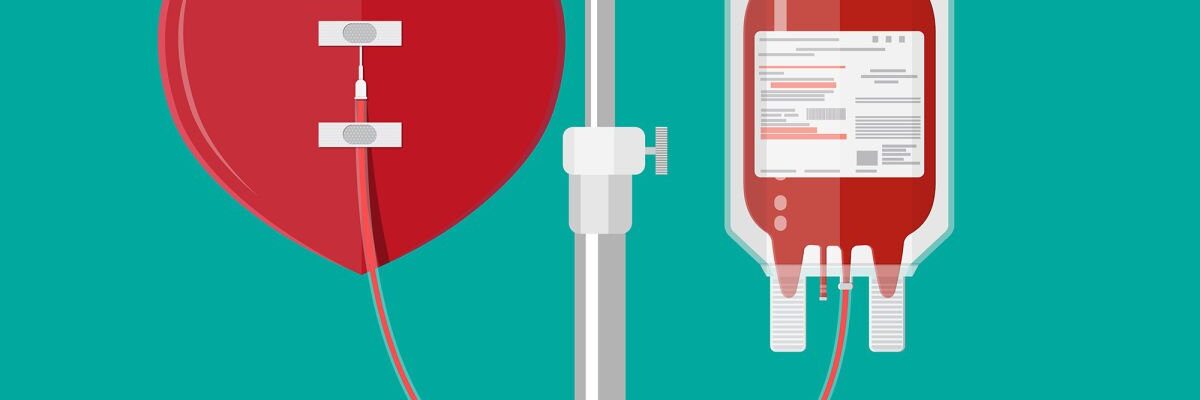According to the Philippine Red Cross, the country needs approximately 2,500 to 3,000 units of blood every day to meet the demand for life-saving transfusions. This need can only be met through the generosity of healthy and compassionate blood donors. A single donation can save up to three lives, underscoring its profound impact on individuals and communities.

While the primary purpose of blood donation is to help those in need, donors also experience significant health benefits that make this selfless act even more meaningful.
1. Promotes heart and blood health.
Blood donation plays a crucial role in maintaining cardiovascular health. Regular donations help reduce blood viscosity, or thickness, which can otherwise strain blood vessels over time. By lowering blood viscosity, the risk of serious cardiovascular conditions such as high blood pressure, blood clots, arterial blockages, heart attacks, and strokes is significantly reduced.
Furthermore, improved blood flow ensures that vital nutrients and oxygen are efficiently delivered throughout the body, enhancing overall vascular health. This benefit is particularly important for individuals at risk of circulatory issues, making blood donation a proactive step toward a healthier heart.
2. Reduces the risk of certain cancers.
Excess iron in the body can act as free radicals, which are unstable molecules that damage healthy cells and accelerate aging. Over time, this damage can contribute to the development of cancer. Blood donation helps regulate iron levels, effectively reducing the concentration of these harmful free radicals.
Studies have shown that regular blood donors have a lower risk of developing cancers, particularly in organs like the lungs, liver, intestines, and throat. By maintaining balanced iron levels, donors not only contribute to their community but also protect themselves from serious illnesses.
3. Burns calories and aids in weight management.
While blood donation should never be viewed as a weight-loss strategy, it does have a natural caloric-burning effect. According to research conducted by the University of California, donating approximately two cups of blood can burn up to 650 calories.
This caloric reduction occurs as the body works to replenish the blood volume and components lost during the donation process. For individuals who are maintaining a healthy weight or are actively managing their weight, this can serve as an added benefit of donating blood.
4. Provides a free blood analysis.
One often-overlooked advantage of blood donation is the health screening that comes with the process. Before a donation is accepted, the donor’s blood undergoes rigorous testing to ensure it is safe for transfusion.
This analysis can identify potential health issues such as infections, blood disorders, or other underlying conditions. Donors are notified if any abnormalities are detected, allowing them to seek timely medical attention. In this way, donating blood serves as a preventive health measure, offering donors insights into their overall well-being.
5. Stimulates the production of new blood cells.
The process of donating blood encourages the body to produce new red blood cells to replace the ones lost. This renewal process helps maintain optimal levels of hemoglobin and supports healthy oxygen transport throughout the body. Over time, this regenerative effect can improve overall vitality and contribute to a stronger immune system.
Blood donation is more than just a selfless act; it is a practice that fosters personal health while saving the lives of others. By donating regularly, individuals can make a meaningful difference in their communities while reaping significant health benefits. It is a simple yet powerful way to promote life and well-being for everyone involved.


